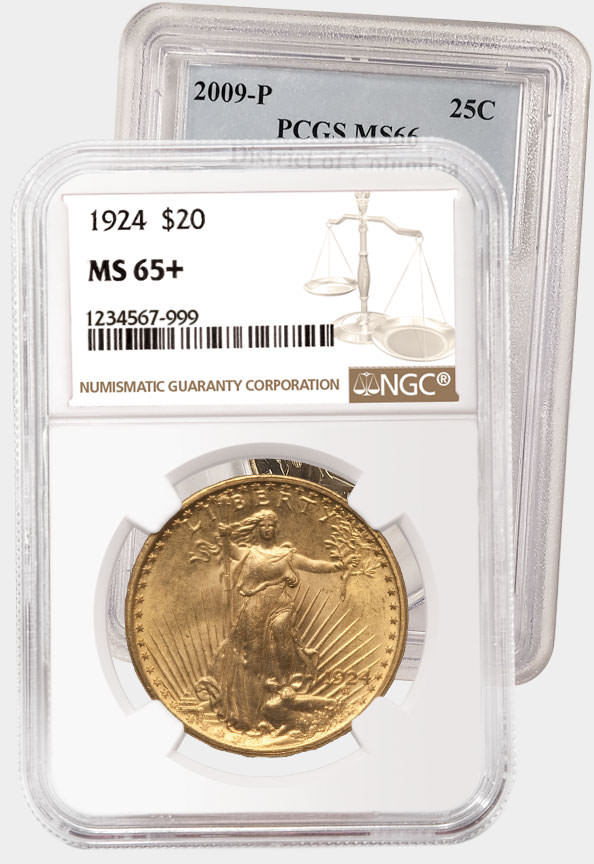Counterfeit Detection: 1880 Three Cent Nickel
Posted on 8/11/2015
The unusual three cent denomination was first issued in 1851 as a minuscule 75% silver, 25% copper coin with a weight of 0.8 grams and a diameter of 14 mm—the second-smallest coin ever issued by the United States. These coins were intended to introduce more small change into circulation as well as make it easier to purchase stamps, the price of which had been recently lowered from 5 cents to 3 cents.
The outbreak of the Civil War a decade later, however, prompted the public to hoard any coins with intrinsic value, including the tiny silver three cent pieces. Even cents were hoarded until the government acted in 1864 to change the weight and composition of the Indian Head cent and ban the issuance of the private merchant tokens (today collected as Civil War Tokens).
A year after the change to the cent, as the Civil War approached its end, Congress authorized a three cent piece comprised of 75% copper and 25% nickel in an attempt to reintroduce this denomination since the silver three cent pieces had disappeared from circulation. Although composed primarily of copper, these new coins are called “Nickel Three Cent Pieces” (or “Three Cent Nickels”), much like how today’s five cent coins are called “Nickels” despite having the same 75% copper, 25% nickel composition.
Initial mintages of Nickel Three Cent Pieces were high with more than 11 million struck in 1865. Production steadily declined from there and mintages dipped below 1 million coins in 1871. The 1877 and 1878 were issued in proof format only and when the Mint resumed production of circulation strikes in 1879 a mere 38,000 coins were struck. While the series had a final hurrah in 1881 when production suddenly jumped to more than 1 million coins, the fate of the Three Cent Piece was sealed and, after several low mintage years, the series was discontinued after 1889.
The 1880 Three Cent Nickel had a mintage of only 22,000 coins and, consequently, examples of this date trade for a premium. Nonetheless, prices might be lower than one would expect for a coin with such a small emission. The NGC US Coin Price Guide reports $200 for an XF representative and $3,600 for a specimen graded NGC MS 67—the highest available grade.
Counterfeit Nickel Three Cent Pieces have started to be seen more regularly and NGC graders identified this spurious 1880 Three Cent Nickel in a recent submission. Several problems were immediately apparent. Most notably, the design elements are extremely weak with the letters in LIBERTY virtually indistinguishable.
Despite this, the digits of the date are quite bold, and this contrast is unusual. The counterfeiter likely produced dies without a date so that they could be used for multiple years and, as a result, the date was cut into the dies separate from the rest of the design. The date was punched with greater depth and therefore appears significantly sharper than the other details. Other problems typical of forgeries are seen on this piece including tiny raised dots in the periphery that are visible under magnification and larger lumps such as one to the left of the E in UNITED.
This counterfeit is representative of many of the newer fakes that have been observed by NGC. Although not particularly deceptive, counterfeits such as this are now seen in series that were not previously targeted, such as Three Cent Nickels. Collectors of all coin series and dates must therefore be vigilant and carefully study any prospective purchase.
Interested in reading more articles on Counterfeit Detection? Click here.
Stay Informed
Want news like this delivered to your inbox once a month? Subscribe to the free NGC eNewsletter today!



